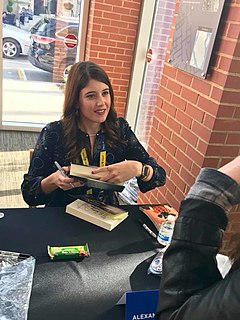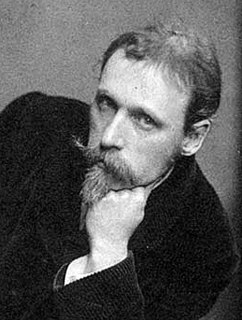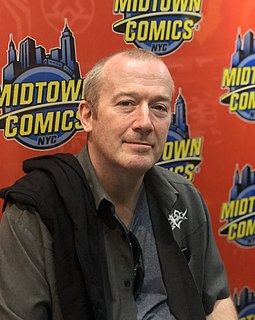A Quote by Hans-Ulrich Obrist
Exhibitions usually are not collected; they disperse after they take place.
Quote Topics
Related Quotes
Bernard [Leach] had acquired many [Shoji] Hamada works. Some of them, it was interesting - first of all, Hamada worked in St. Ives for about four years before returning to Japan to start his own pottery. He had exhibitions in London, and if these exhibitions didn't sell out, the galleries were instructed to send the remaining work down to the Leach Pottery, where they would go into the showroom for sale. If Bernard saw one that hadn't sold that he really admired, then he would take it (he would buy it), and it would go into the house.
Only in the context of the great encounter with Jesus can a real authentic struggle take place. The encounter with Christ does not take place before, after, or beyond the struggle with our false self and its demons. No, it is precisely in the midst of this struggle that our Lord comes to us and says, as he said to the old man in the story: ‘As soon as you turned to me again, you see I was beside you.’
































